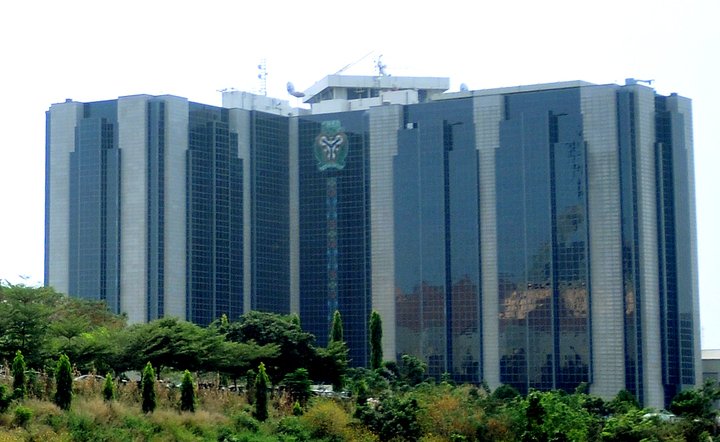Nigeria’s Central Bank Takes Decisive Action, Revokes Licences of 4,173 Exchange Bureaus
Nigeria’s central bank has taken decisive action by revoking the licenses of 4,173 exchange bureaus. This move comes as a response to the failure of these entities to comply with the central bank’s guidelines and directives. The regulatory measures include requirements such as timely submission of transaction returns and payment of renewal fees within specified periods.
The central bank’s decision to revoke these licenses coincides with its recent resumption of dollar sales to exchange bureaus, signaling a broader initiative to address chronic foreign exchange shortages in Nigeria. The regulatory measures also involve the prohibition of street-trading of foreign exchange and an increase in the minimum capital requirement for exchange bureaus to a minimum of 2 billion naira ($1.3 million). This signifies a significant step in the ongoing efforts to reform Nigeria’s forex market.
Hakama Sidi Ali, the spokesperson for the Central Bank of Nigeria (CBN), clarified that the revocation of licenses was not only due to procedural violations but also a consequence of non-compliance with anti-money laundering and terrorism finance regulations. This underscores the central bank’s commitment to upholding the integrity and security of the financial system.
In addition to the immediate license revocation, Ali announced that the CBN is in the process of revising the regulatory and supervisory guidelines for Bureau de Change operators. Once these revised guidelines come into effect, compliance with the updated requirements will be mandatory for all stakeholders in the sector. This proactive approach aims to strengthen oversight and ensure that exchange bureaus operate in accordance with the highest standards of financial governance.
In summary, the central bank’s decision to revoke the licenses of over 4,000 exchange bureaus reflects a commitment to implementing comprehensive reforms in Nigeria’s forex market. By addressing non-compliance issues, increasing capital requirements, and revising guidelines, the central bank seeks to create a more robust and transparent financial system. This, in turn, is expected to mitigate challenges associated with foreign exchange shortages and enhance the overall stability of Nigeria’s economic landscape.












